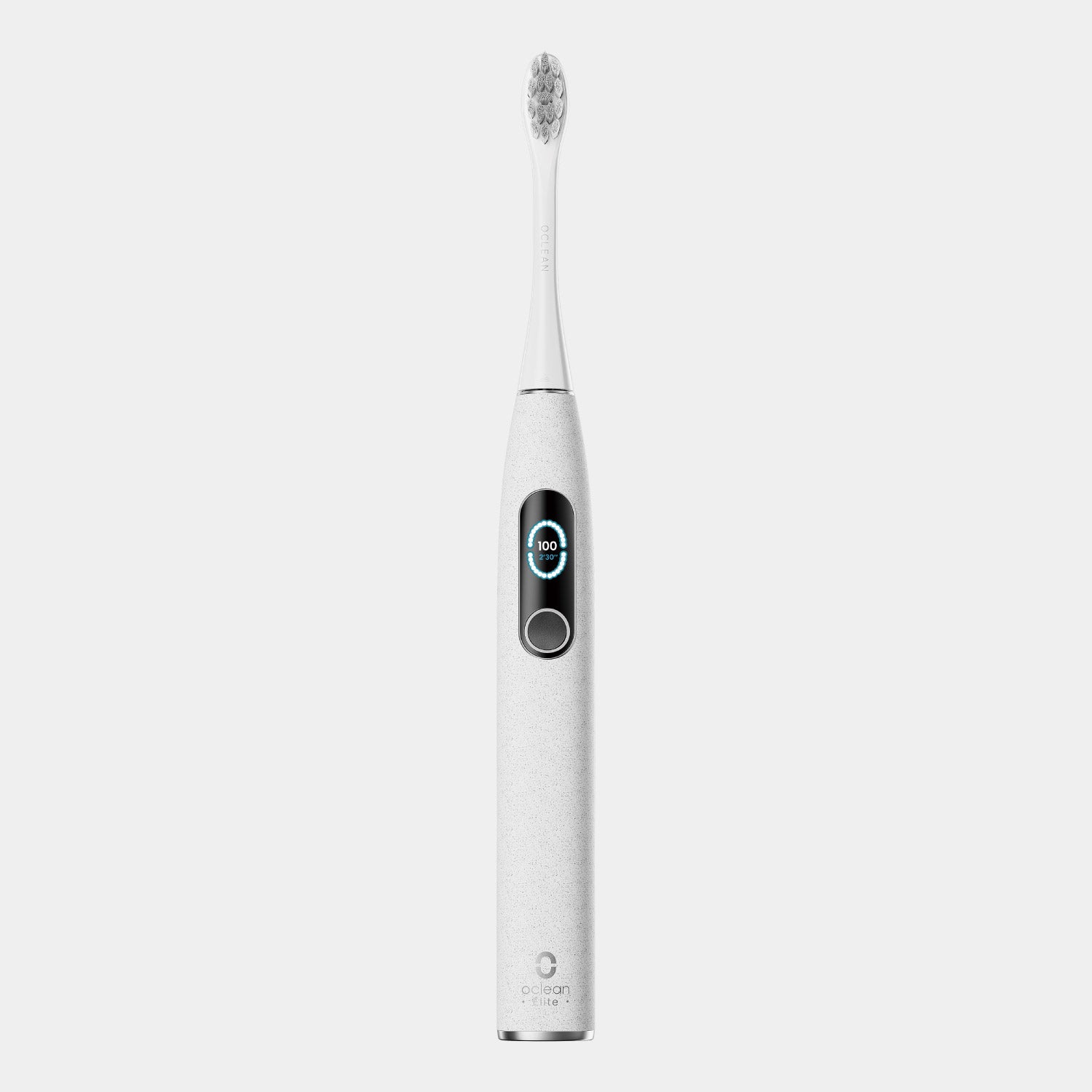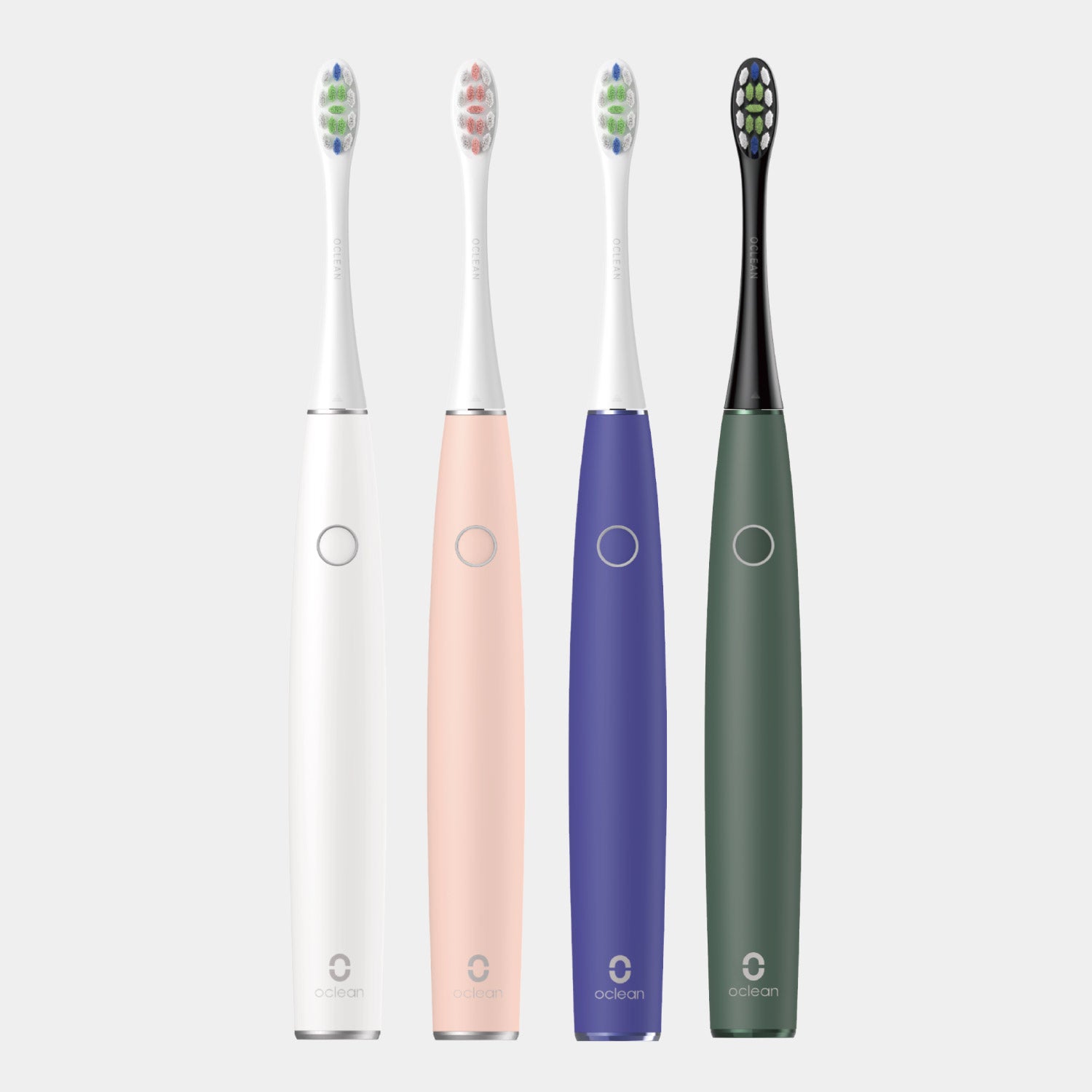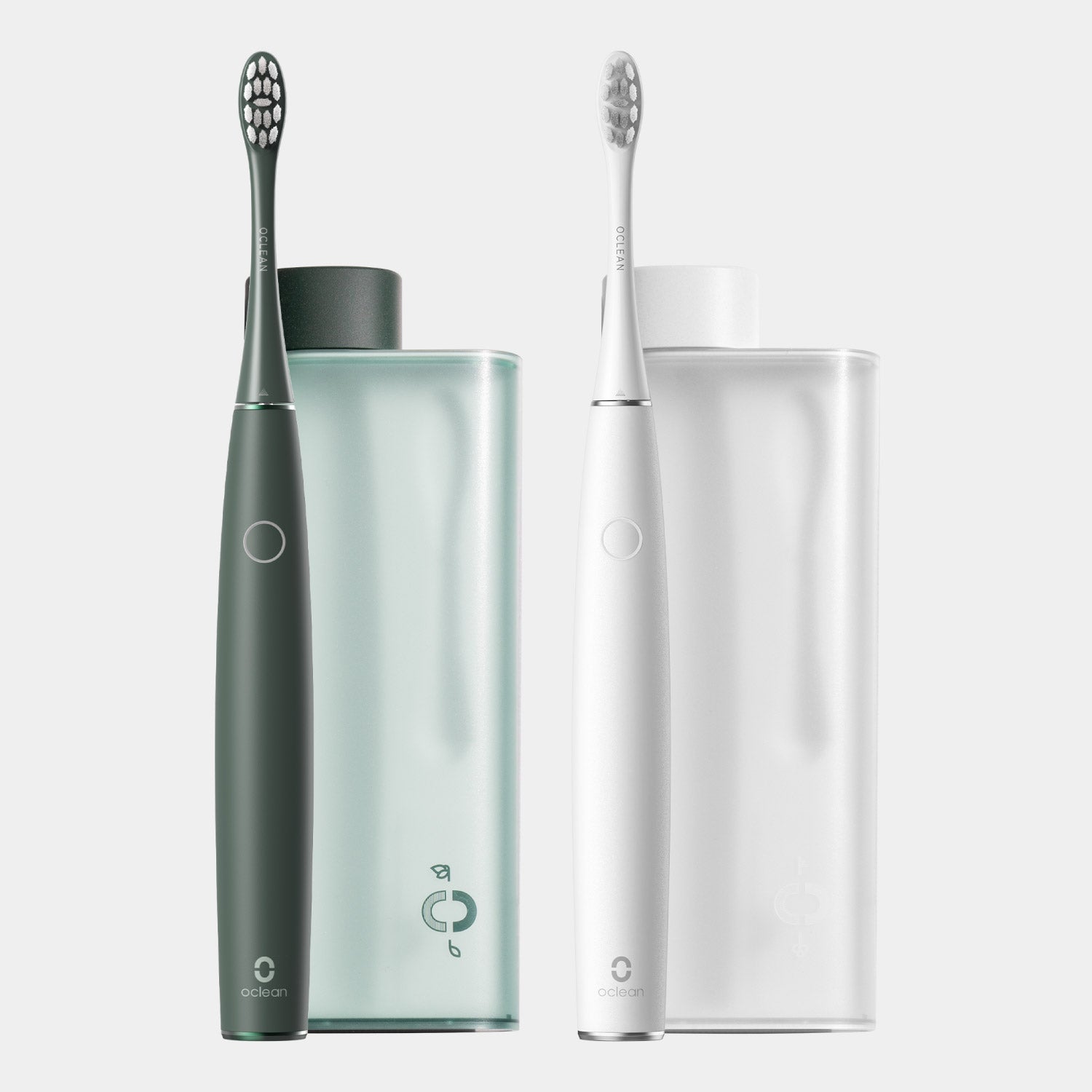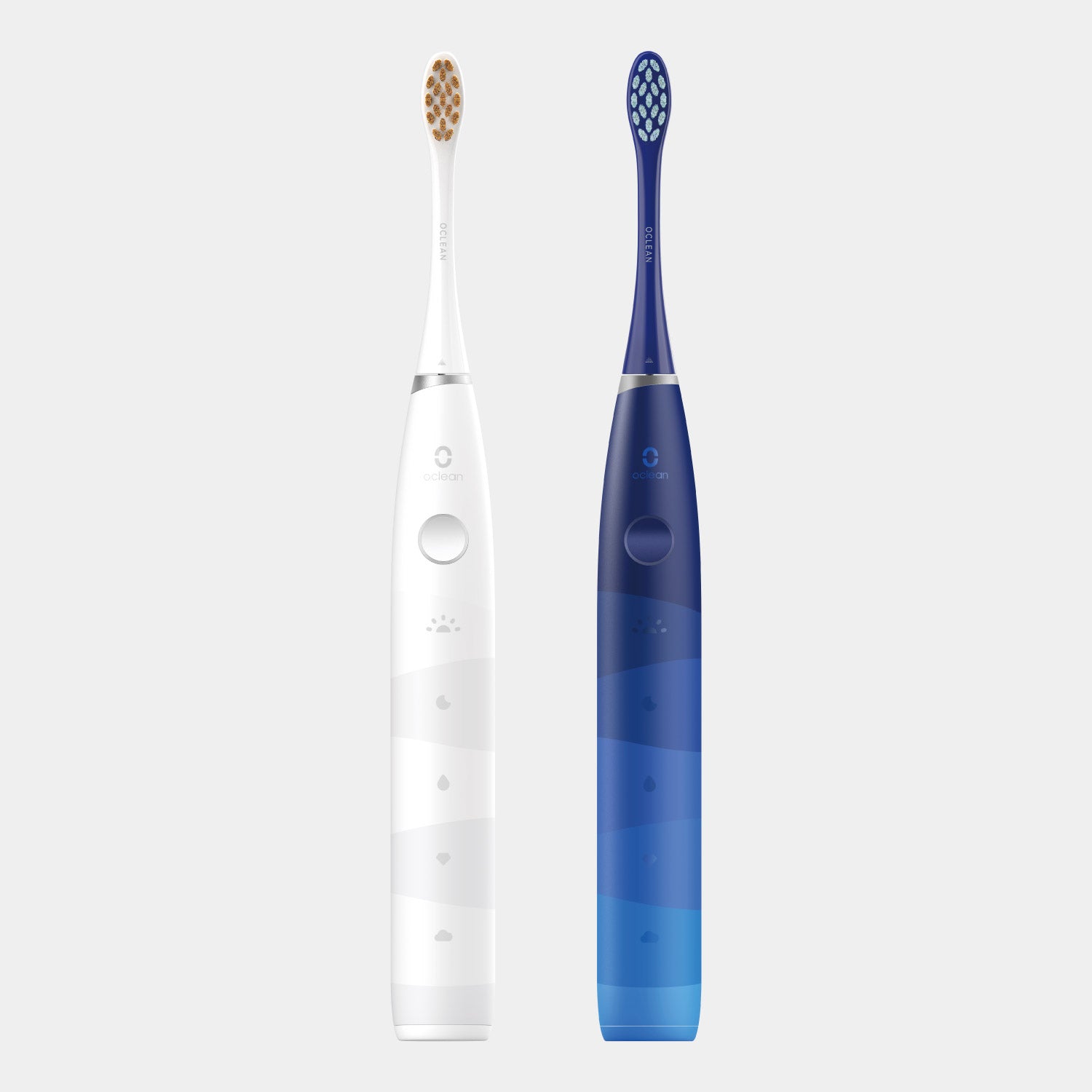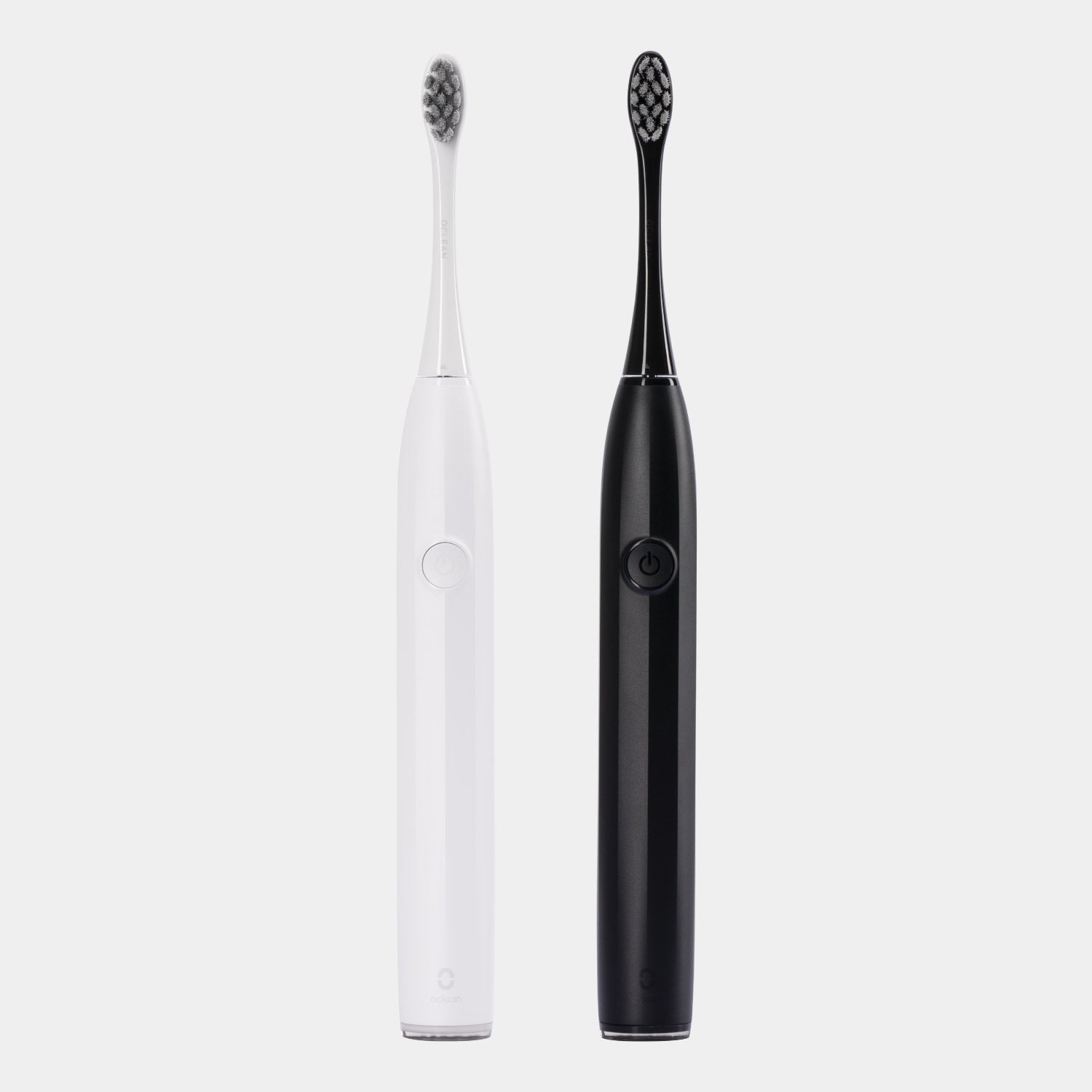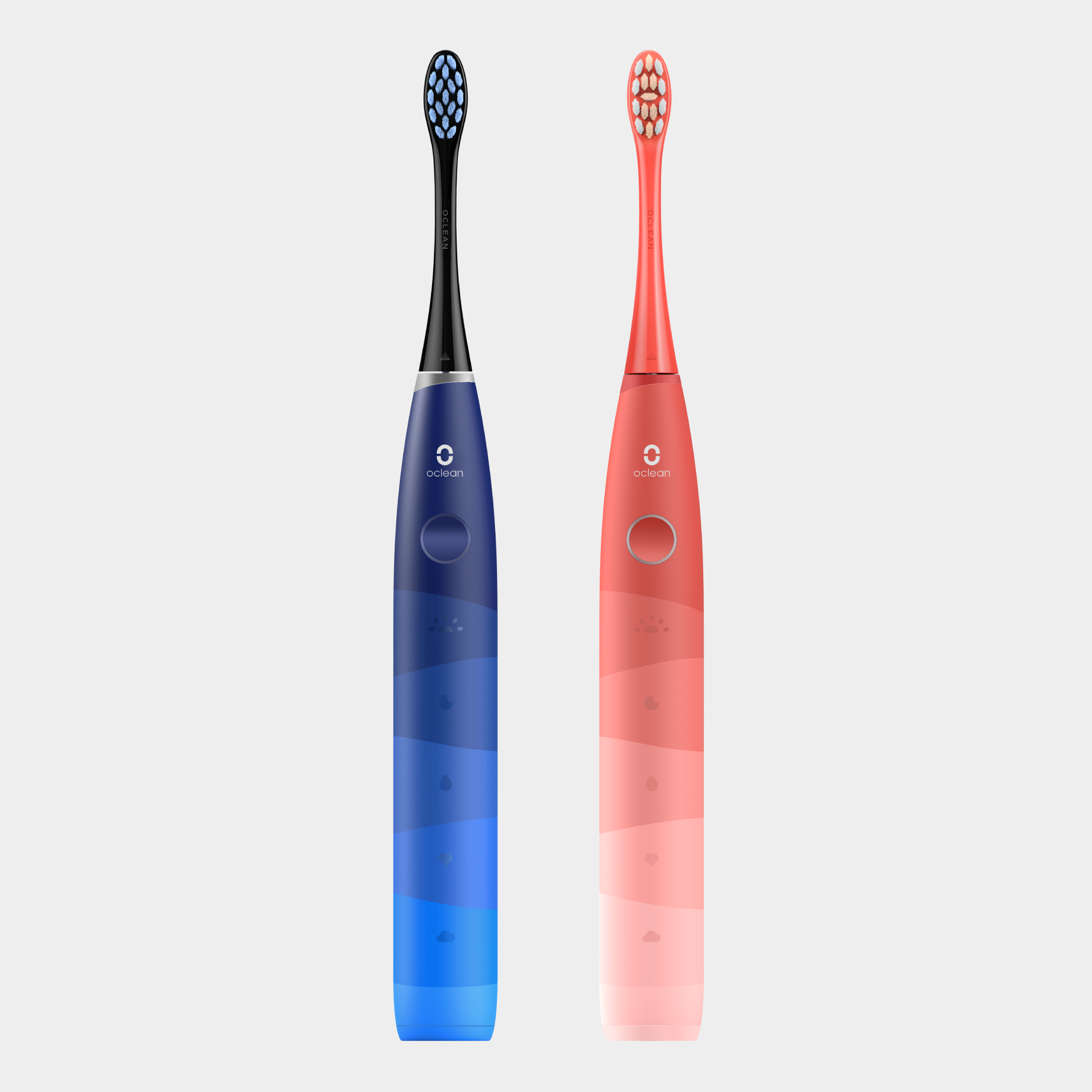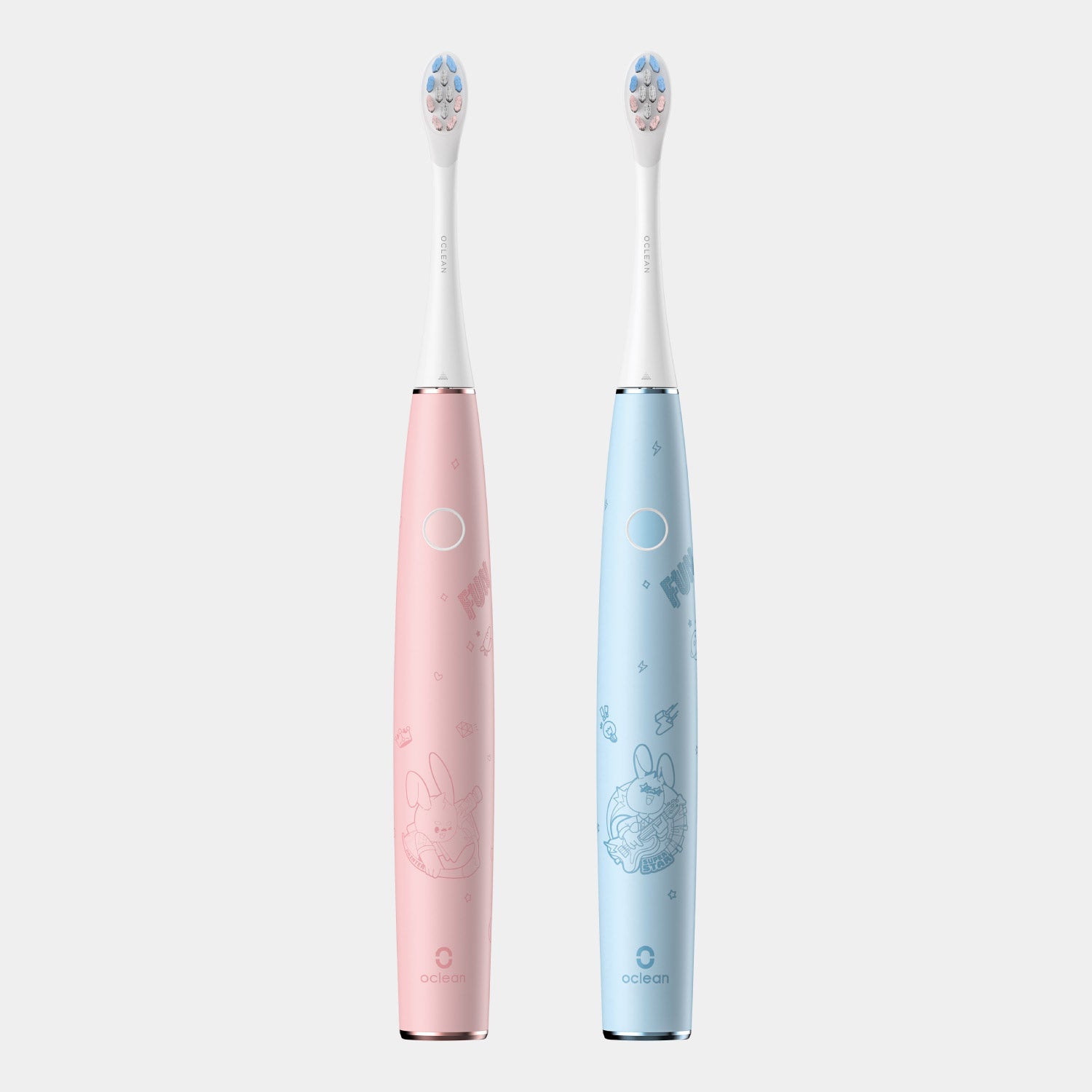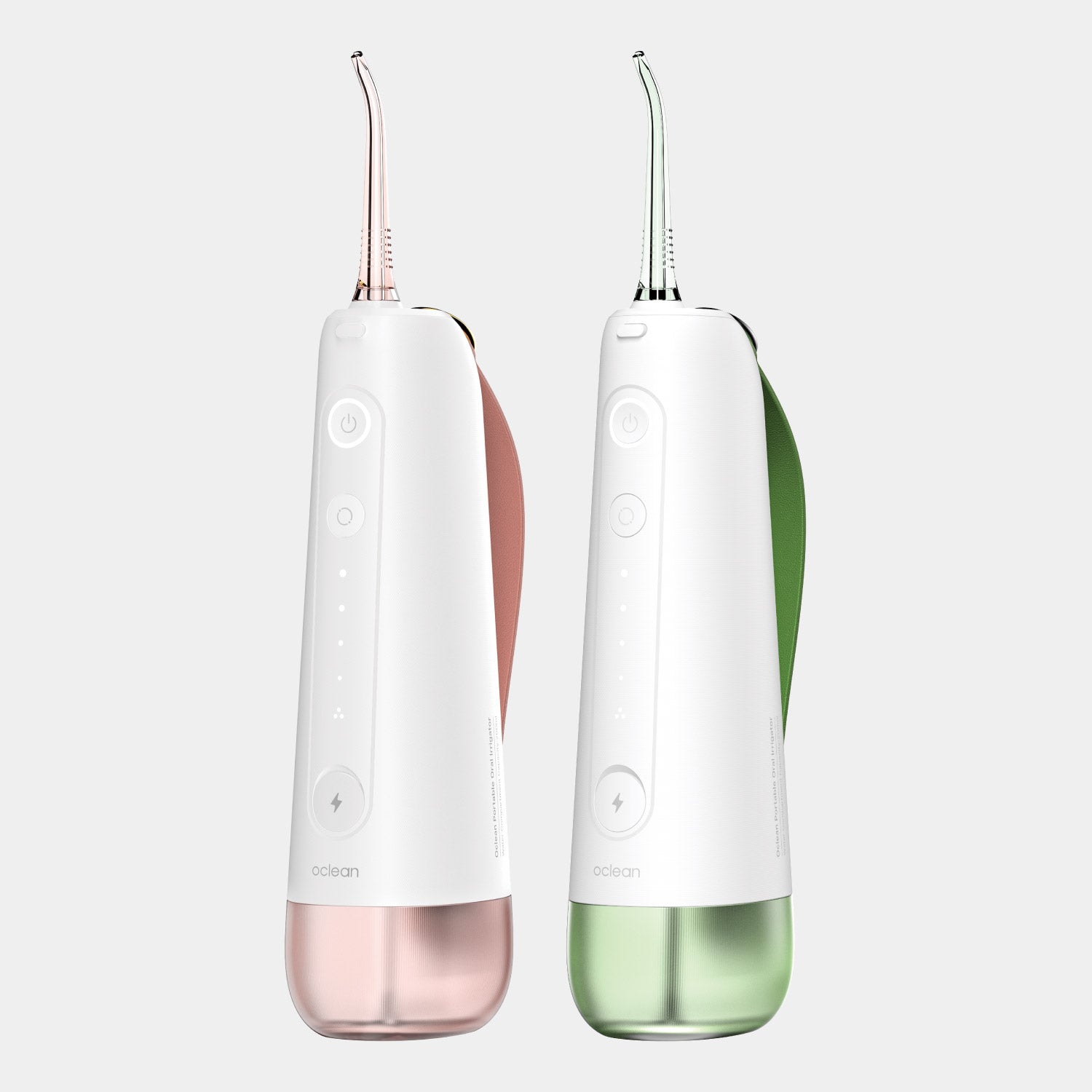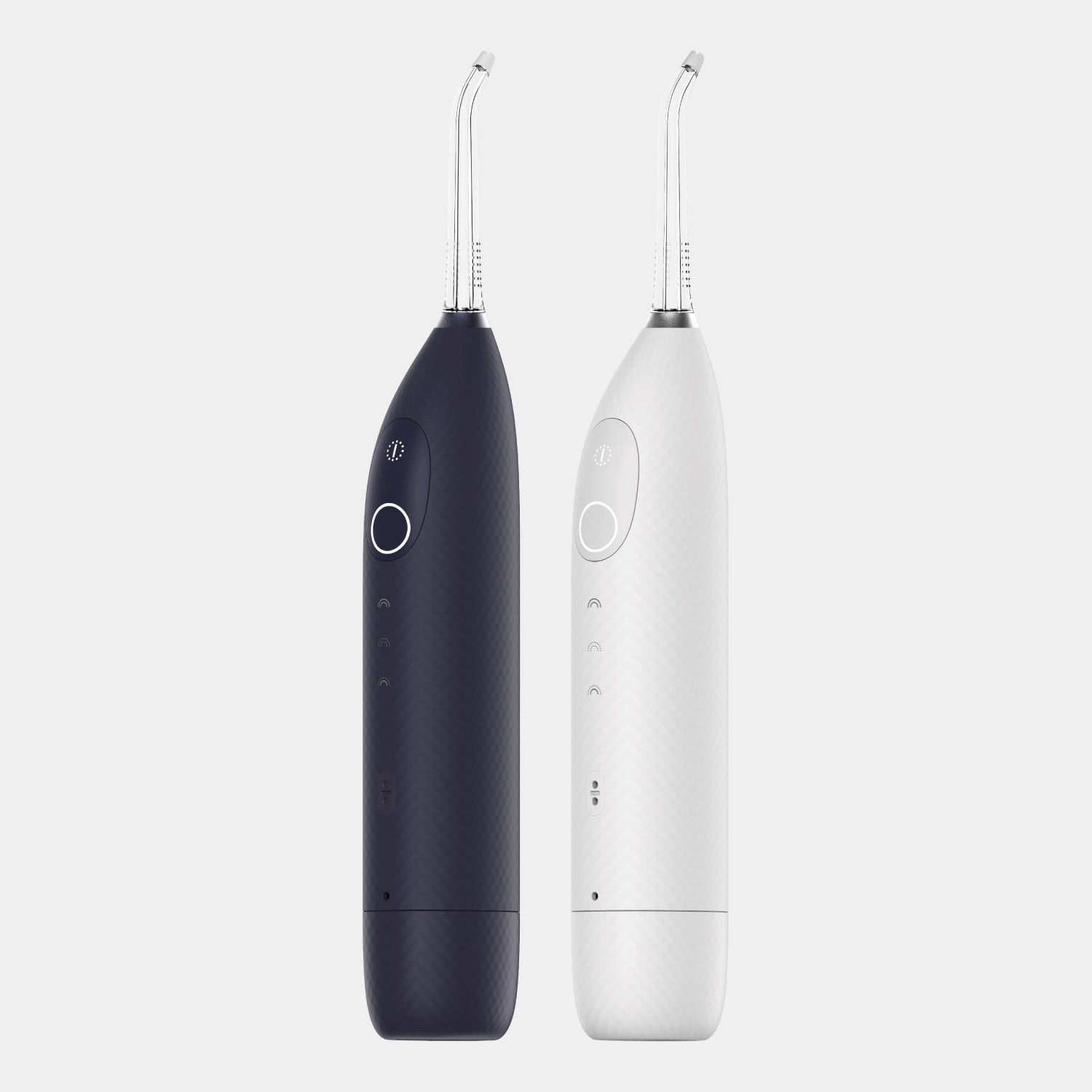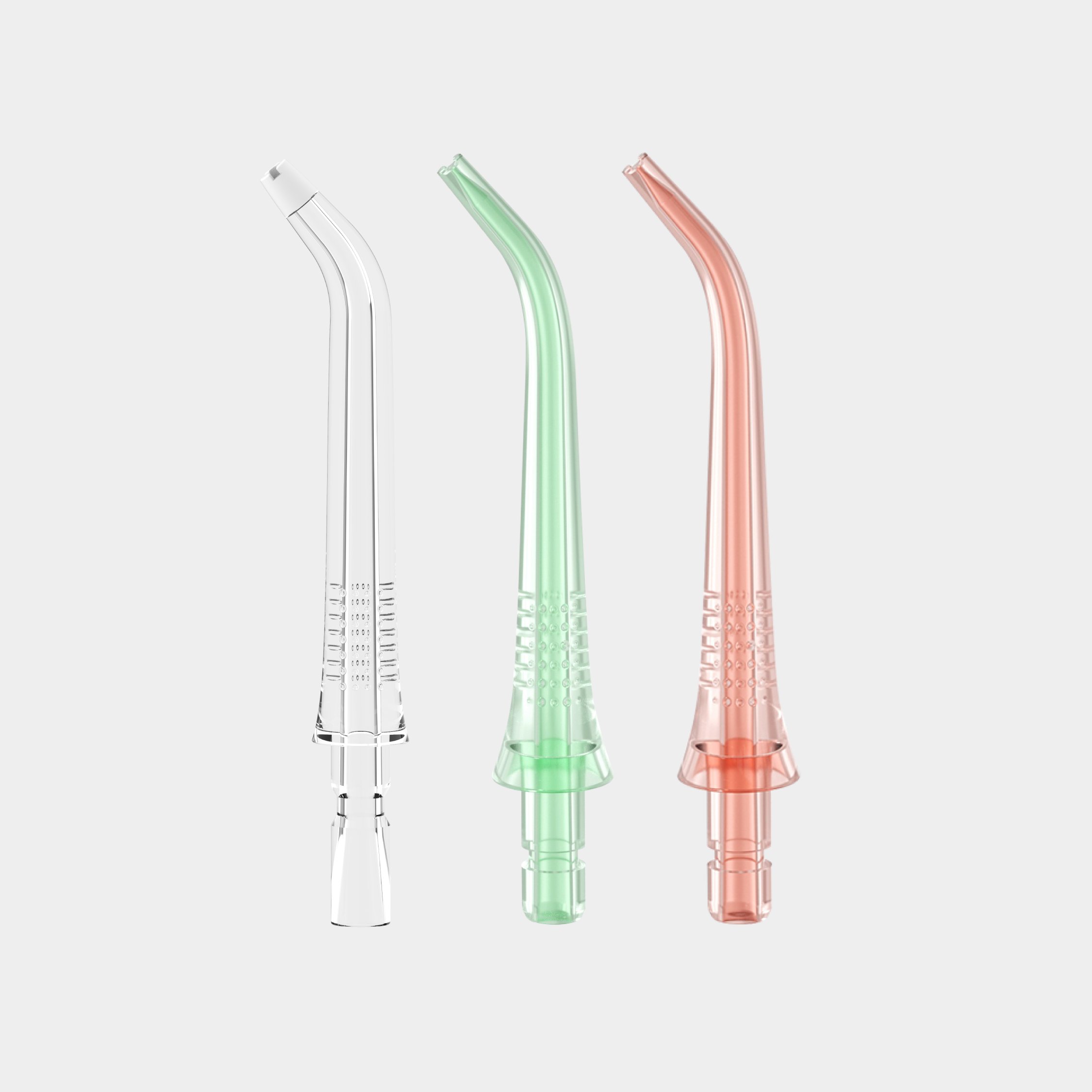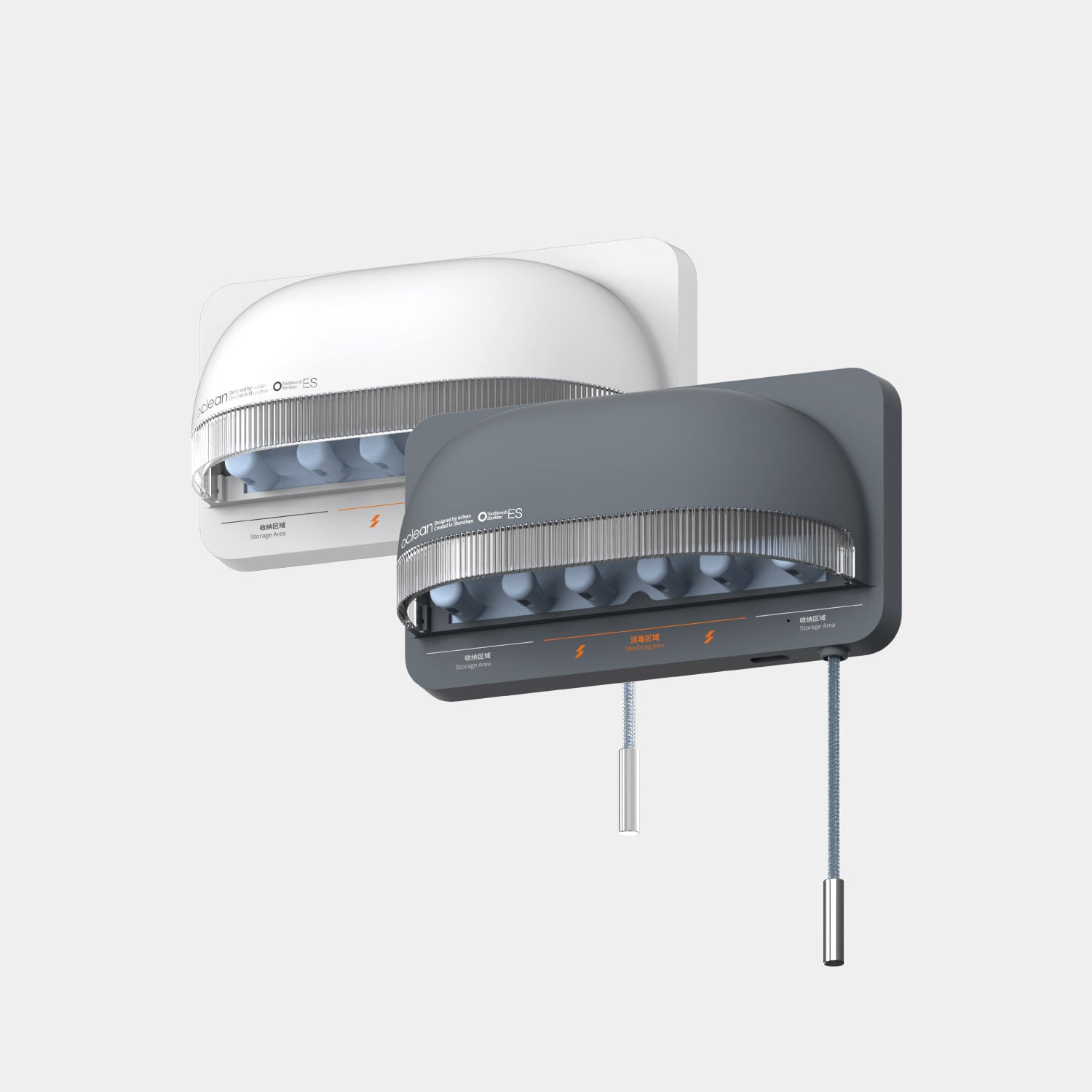Having a tooth removed is a worrying experience. You want to restore your smile to its original condition or even better. However, with the high costs of dental treatment, it can seem like an unaffordable option.
In the US, the average adult (aged 20 to 64) has three or more missing or decayed teeth. Worse, 17% of people aged 65 or over have lost all their natural teeth. Restoring these missing or decayed teeth often involves a dental implant.
But how much are dental implants? Well, it depends on several factors, including the number of teeth, where they're located, and what kind of implants you receive. Learn more below.

What are Dental Implants?
Let's clarify what we mean: a dental implant is an artificially rooted tooth that's permanently fixed to your jaw. Usually made from either titanium or ceramics, these teeth are a reliable alternative to dentures. Each implant provides a robust foundation for fixed or removable replacement teeth.
There are two types of dental implants:
· Endosteal implants are the most common. These implants appear like a screw or cylinder that's fixed directly into the jawbone and are strong enough to hold one or more prosthetic teeth.
· Subperiosteal implants fit on top of the jaw, being held in place by a metal framework. It's preferred for people who can't wear removable dentures or who have minimal bone for an endosteal implant.
This isn't the only variation. Dental implants can involve a single tooth, an implant bridge, or a full fixed arch. Implant bridges replace two or more adjacent teeth, being fixed at either end. The full fixed arch restores an entire row of teeth and is fixed at several locations.
Who Needs Dental Implants?
If you're missing one or more teeth, you could benefit from a dental implant. Most people who get dental implants aren't already missing teeth but have had a problem with a tooth and are advised to receive an implant. For example, a tooth might be knocked out, or it becomes permanently damaged beyond repair.
That being said, not everyone is a good candidate for dental implant surgery. You're an ideal candidate if:
· In good general and oral health
· Have a strong jawbone with sufficient space for an implant or can undergo a bone graft if needed
· No signs of gum or periodontal disease.
· Don't smoke
· Able to recover for several months
· No issues with the body's ability to heal bone tissue
Dental implants aren't suitable for everyone. If you're under 18, have poor oral hygiene, have ongoing gum disease, lots of cavities, or other medical conditions, your dentist might recommend an alternative course of action. People who smoke or use tobacco products carry more risk from the procedure than others. Your dentist will determine if an implant is right for you.
How Much are Dental Implants
Dental implants vary significantly in price. The average cost for a single dental implant is between $3,000 and $7,000, according to Authority Dental. This cost covers everything from the initial consultation to the final placement. You can expect the price to break down as follows:
· Initial consultation: $100-$200
· Implant placement surgery: $1,500-$2,000
· Abutment placement: $300-$500
· Crown placement: $1,000-$2,000
In addition to the cost of the dental implant, patients can incur further costs depending on their situation. Each X-ray or CT scan increases the final bill alongside bone grafting and tooth extractions (see below).

How Much are Full Mouth Dental Implants
A full-mouth dental implant or a double dental arch is the most invasive form of implant. It's reserved for people with permanent damage to both rows of teeth that cannot be rectified with traditional dentistry. In such cases, one or more dental arches can be implanted.
Dental arches are substantially more expensive than a single dental implant overall but are more cost-effective per tooth. You can expect to spend between $10,000 and $21,500 per dental arch.
There are two primary options:
· Removable implant-retained dentures: $10,500 ($8,000 to $17,500)
· Fixed implant-supported dentures: $21,500 ($15,000 to $28,000)
The variability in price is determined by your geographic location, the quality of the dentist, damage to teeth, and more. Remember, the price above is for a single dental arch. If you require a full-mouth dental implant, then the price is doubled.
How Much Are All on 4 Dental Implants
All-on-4 dental implant is an alternative to a conventional dental arch. It is an option for patients who need a full set of replacement teeth, either in the upper or lower jaw. Four dental implants are inserted into the jawbone to secure the full arch of artificial teeth.
It usually costs between $15,000 and $30,0000 per arch in the US. Some patients opt to go abroad for treatment. Countries such as Mexico or Turkey can offer a full arch for as little as $7,000 to $15,000, depending on the location.
Dentists prefer the All-on-4 system as it is a long-term treatment. The secure system allows for the immediate loading of teeth with minimal recovery time. There's no need for bone grafting as the angled placement of the implants is enough to secure them in place. This system is believed to last between 10-20 years with good care.
Factors Affecting the Cost of Implants
Dental implants vary in cost depending on several factors. As mentioned, implants aren't one size fits all. Different options are available to cater to people's individual needs. You'll need to understand these factors when deciding on the best option for you.

Type of Dental Implant
The biggest factor affecting how much dental implants cost is the type of implant. The bigger the implant, the higher the overall cost. A single-tooth dental implant, for example, costs much less than a bridge or arch. However, the cost per tooth is actually more – as much of the cost is accounted for by the individual implant. So, while a bridge only requires two implants to secure it, a single tooth requires an implant for each artificial tooth.
Partial smile restorations, such as a single tooth or implant bridge, are, therefore, lower in price but less cost-effective. On the other hand, a full mouth restoration involving a fixed full arch is the most expensive option available.
Selected Materials
Titanium is the most common material used for implants. It is extremely tough and stands up to constant usage. Titanium is not only highly durable but also cost-effective. It's the most affordable option currently available. These implants are usually available for between $1,500 to $2,500 per implant.
Zirconia implants are the next level up. These implants are more expensive and represent newer, more advanced technology. They're preferred by patients who are concerned about the appearance of metal implants. Plus, zirconia is highly biocompatible. You can expect to pay between $2,000 and $3,000 per implant.
Lastly, there are a few other options. Ceramic implants, other than zirconia, are available and are similar in price. High-titanium alloys or bioactive coatings on ceramics will drive the price up further. Always speak to your dentist or dental provider about the full range of options.
Insurance Coverage
Reading the different costs can be daunting. Most people don't have thousands of dollars available for a dental implant – let alone several. Dental insurance is usually required to pay for the treatment. Dental insurance typically covers treatments like implants. You'll need to read the specific details about your policy to understand what is and isn't covered.
In addition to insurance, US patients may be able to get covered via Medicare. Not all dental providers accept Medicare for implant surgery. However, there is always the option to pay out of pocket if necessary. Some dental providers offer a payment plan, allowing you to pay for the implants in installments and reducing the upfront cost of the procedure.
Complexity of Procedure
The more complex the procedure, the higher the final price. That's not just referring to the number of implants being fitted but the pre-procedure treatments. Examples include:
· Bone Grafting. If there is insufficient tissue to support your implant, your dentist can add more bone material to ensure the teeth stay strong and secure.
· Tooth Extraction. Implants are often necessary because a tooth is experiencing extreme decay or gum disease. In such cases, the tooth will need to be removed before an implant can be fitted.
· Periodontal cleaning. Your mouth must be clean and healthy before fitting the implant. Periodontal cleaning gives your gums thorough inspection and cleaning, reducing the risk of infection and other complications.
Additional Costs Linked to Dental Implants
Dental implants incur more costs than just the surgery itself. It's important to be aware of these costs when evaluating the best treatment options. Too often, patients find themselves receiving a bill containing items they never planned for.
Here are some items to consider:
· Dental exams and testing. It's likely that your dentist will perform a thorough evaluation of your teeth, including an X-ray, to determine if you need an implant. These preliminary evaluations can cost between $200 and $450.
· Bone grafting. If your jaw requires more bone to secure the implant, then bone grafting is necessary. The procedure costs an additional $600 and can delay the implant timeline as the graft site heals.
· Anesthesia. You will need some form of sedation during the procedure, usually a general anesthetic. This is administered by an anesthesiologist and costs between $50 to $200. It might not seem like a lot, but it adds to the final bill.
Other potential costs include a sinus lift. The procedure increases bone thickness in the upper jaw, making it suitable for implantation. It can add between $1,500 and $2,500 to your bill.
Remember that each of these costs might sound reasonable individually. However, if you have a single tooth implant for, say, $3,500, the additional costs could easily add a further $1,000 if you require bone grafting or a sinus lift. Speak to your dentist about these costs when deciding on the best course of action.
Protect Your Children's Teeth
Dental implants often come after years of poor oral hygiene. The best solution is a sonic toothbrush designed to thoroughly clean your teeth, keeping you and your children's mouths healthy. The Kids Series Electric Toothbrush is the premier option for younger brushes. It comes with a built-in Maglev motor that achieves 80,000 movements per minute. Simply glide the toothbrush over the teeth to get the best results.

Try the Oclean Kids Electric Toothbrush today. With the right dental hygiene routine, dental implants need never be a problem.

Frequently Asked Questions
Are dental implants better than dentures?
Yes. Dental implants are much more invasive than dentures, involving permanently inserting titanium posts into your jaw. However, these implants are secure, long-lasting, and replicate living with natural teeth.
Dentures, on the other hand, are usually made of metal, acrylic, or porcelain. They can be easily removed and sit on top of your gums. Some people complain that dentures are uncomfortable, especially at first.
Despite their upfront costs, dental implants promise greater comfort and functionality than any alternative set of dentures.
How successful are dental implants?
Dental implants are a common, highly successful procedure. Success rates vary depending on your overall health, type of implant, and other factors. However, for most people, you can expect a success rate between 90-95%. In fact, pain and swelling usually subside after the implant surgery – reducing any of the complications.
If complications do occur, they're typically minor. Some potential risks include infection, sinus damage, nerve damage, or long-term implant damage. Additional treatments like bone grafting can complicate the overall surgery, affecting the success rate
Does insurance cover the cost of dental implants?
Yes and no. Insurance coverage for dental implants can vary depending on whether you have medical or dental insurance. Some policies dictate the type of materials and implants that can be fitted. Insurance doesn't always cover all aspects of the procedure. For example, your plan might cover the implant but not the prosthetic teeth.
It's crucial to have a deep understanding of your insurance policy. It's important to consult with your dentist beforehand to discuss the full costs involved. Some practices may offer financing options to help cover the out-of-pocket expenses not covered by insurance.



